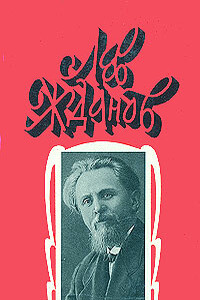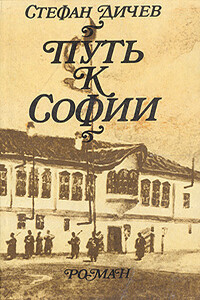На "Розе Люксембург" | страница 31
Because the rumors are diversely spread, as well in England as in the low countries and elsewhere, of this late encounter between her Majesties Shippes and the Armada of Spaine; and that the Spaniardes according to their usual maner, fill the world with their vaine glorious vaunts, making great apparence of victories: when on the contrary, themselves are most commonly and shamefully beaten and dishonoured; thereby hoping to possesse the ignorant multitude by anticipating and forerunning false reports: It is agreeable with all good reason, for manifestation of the truth to overcome falsehood and untruth; that the beginning, continuance and successe of this late honourable encounter of Syr Richard Grinvile, and other her Majesties' Captaines, with the Armada of Spaine; should be truely set downe and published without parcialtie or false imaginations...
The names of her Majesties shippes were these as followeth: the Defiaunce, winch was Admiral, the Revenge Viceadmiral, the Bonaventure commanded by Captaine Crosse, the Lion by George Fenner, the Foresight by Mr. Thomas Vavisour, and the Crane by Duffield...»{8}
Эта строчка, которую он знал наизусть с детских лет, утешала его во всех огорчениях жизни. Но теперь, когда он был ближе к смерти, чем когда-либо бывал прежде, коммандэр Деффильд с особенным чувством читал о том, что его предок принимал участие в боях с Великой Армадой. На «Розе Люксембург» пока, впрочем, все шло хорошо. Море по-прежнему, уже четвертый день, было спокойно. Они приближались К. водам, где, по сведениям английской и русской разведки, находилась подводная лодка U-22. Капитан Прокофьев больше почти не сходил с мостика. Сигнальщики ни на минуту не покидали постов.
«... Finding himselfe in this distresse, and unable anie longer to make resistance... and perswaded the companie, or as manie as he could induce, to yeelde themselves unto God, and to the mercie of non els; but as they had like valiant resolute men, repulsed so manie enimies, they should not now shorten the honour of their nation by prolonging their own lives for a few hours, or a few daies…»{9}
Удивительней всего ему казалось то, что необыкновенный человек с необыкновенной судьбой, написавший это 350 лет тому назад, с такой точностью, так хорошо, так просто выразил его собственные чувства. «Да, никакой разницы нет», — с гордостью подумал коммандэр Деффильд. Он не считал свою жизнь счастливой. Не слишком удачной была и его служебная карьера: некоторые из его сверстников уже были коммодорами, — обмолвка Прокофьева, назвавшего его коммодором при первом знакомстве, была ему неприятна. Неудачи по службе были косвенно связаны с увлечениями его частной жизни. «Перед смертью полагается оглянуться на все прошлое, но нет ни охоты, ни необходимости, да может быть, все-таки до смерти еще далеко? Во всяком случае, я всегда готов…»





